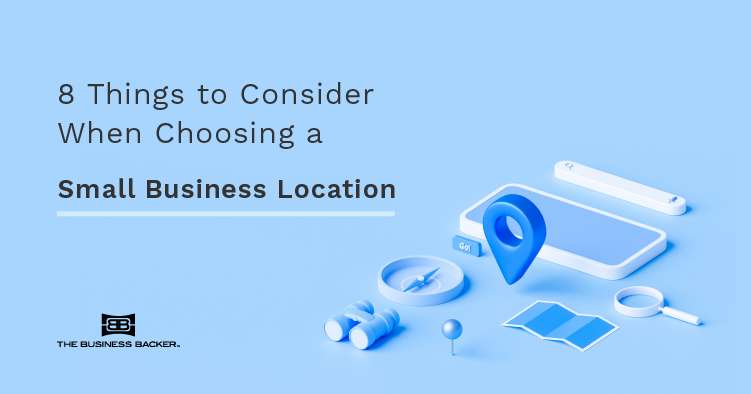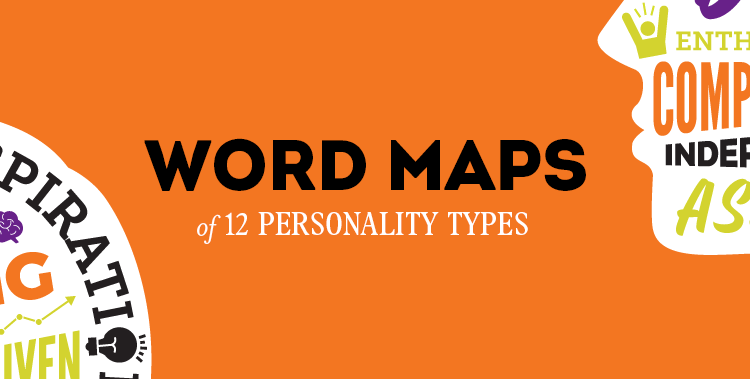The Entrepreneur’s Comprehensive Guide to Choosing a Location For Your Small Business
You can come up with a groundbreaking idea, establish a solid business plan, and raise all the funds in the world, but if your business is in the wrong place, you won’t be set up for success. What does it mean for your business to be in the right place? The progress of starting and scaling a small business is impacted by where you choose to establish your business. What state, what city, what neighborhood, and even what building you choose to set up shop will impact growth. For those owners who have reached the point of deliberating where to plant roots, we’ve compiled a list of factors you should consider before picking the right location.
Location type
Take a look at your company and think about what kind of business you’re operating. There are a handful of avenues you can take when choosing a location type, and it’s important to consider each before proceeding with any commitments.
- Home-based business: For working parents, or for those who value flexible hours and the freedom to relocate, running a business from home can save you loads of money on rent/utilities.
- Retail space: Aside from the typical strip mall, you can explore options like a kiosk or a standalone building, set apart from other locations.
- Mobile business: A mobile business allows you to be flexible with where you’re stationed. Think dog walking, personal training, cleaning services, or tutoring.
Other options include industrial, commercial spaces, and more. All have their own sets of laws/regulations that are imperative to understand before making any definitive choices.
City and State
The state and city in which you live is the first factor to consider in your decision. Your geographic location determines the customers you will attract, the cost of running your business, the taxes you’ll pay, the regulations you’ll abide by, and almost everything else. Before you pack up and relocate to a new city and state, lay out your dream destinations and compare them to the best states to own a business in 2021. When you get a general idea of your potential options, you can then dive into the logistics of running a business in that location and how it affects all the following factors.
Neighborhood
The part of town in which your business is located will impact the amount of traffic you’ll have to your store. When you look at the location of the building, here are a few questions to ask:
- Is the neighborhood home to your target audience?
- Is parking available nearby?
- Is it accessible by vehicle? On foot?
- What other establishments are nearby?
Local zoning requirements
Buildings in each region will be obligated to adhere to the area’s zoning requirements. What is a zoning requirement? Zoning ordinances can limit or prohibit completely a certain type of business from operating in that neighborhood. Even home-based businesses can fall under a specific set of ordinances, so it’s critical that you contact your local planning department at the city or county level. You can also reach out to either level’s building department to receive information surrounding ordinances that will affect your small business.
Business finances
Each geographic location implements different financial restrictions, taxes, and guidelines for operating a business. When you create a strategic business budget, you’re able to figure out how much money you are willing and able to afford to spend on a location. Remember that rent isn’t the sole cost. Rent comes with utilities, taxes, maintenance, decoration, etc. All of these additional concerns should be factored into your business budget to make sure that the space you purchase or rent out won’t put you in over your head.
Local real estate
If you’re planning to live in the same location, it’s important to consider whether it’s a place in which you can/want to live long-term. If it’s somewhere you can see yourself in terms of affordability, or even raising a family, buying a home is likely on the horizon. Before you begin your house hunt, you should get educated about the home buying process. It can be expensive, especially depending on the state in which you’re buying a home. When you’re ready to begin your search for local homes for sale, consider working with a real estate agent in the new area to help you understand the costs and make the best decision before putting in any offers.
Personal financial health
Your personal finances will also determine your ability to choose a location, in that your fiscal wellness will signify your readiness to start a small business. While your personal credit differs from your business credit, it does have an impact on the funding options available to you, especially if you are a newer small business. If you need a small business loan, there are several options available. Take the time to research loan types to see which one is right for your small business needs.
If you don’t plan to rely on a lender, you will still need a significant nest egg before starting a small business to account for operating expenses, salary, emergency expenses, etc. Consider your stablility before you commit to renting or purchasing a space for your small business.
Nearby competition
Oftentimes, sitting close to your competition draws customers away. While other times, you can actually be strategic with your proximity to competitors. With a little advertising, you can market your competitive advantage to customers who are already close by and take advantage of the existing foot traffic while keeping a close eye on your rivals. However, if your product or service is nearly identical, or customers feel overwhelmed by comparable prices, being too close for comfort will likely hinder potential business. Nevertheless, in today’s turbulent business environment, it’s important to keep tabs on your opponents in order to stay competitive while growing and maintaining high customer retention.
The list of decisions regarding starting a business is long in and of itself. When you look at factors for making each decision on that list, the details involved grow exponentially. Choosing a location for your business carries the same amount of defining components, making it a crucial step in owning and operating a small business. Before selecting a location to settle into, be sure to take a deep look into all the details that will impact your success, in the short and long term.





